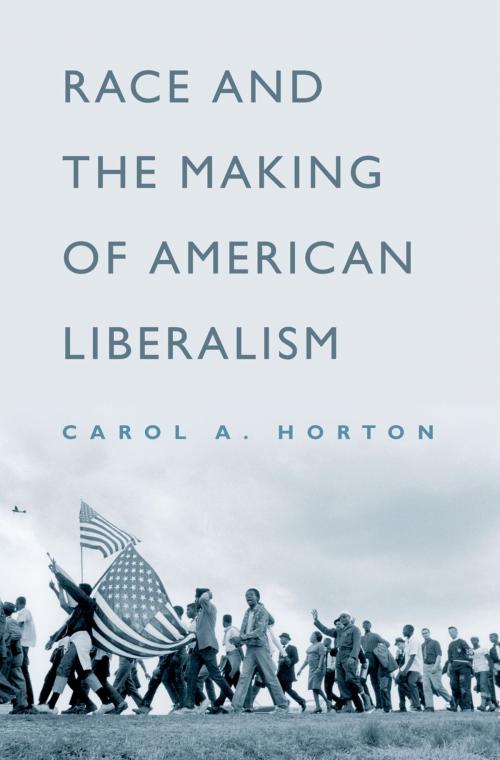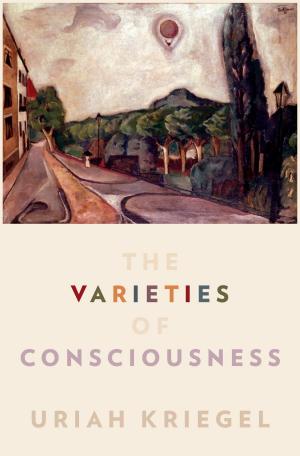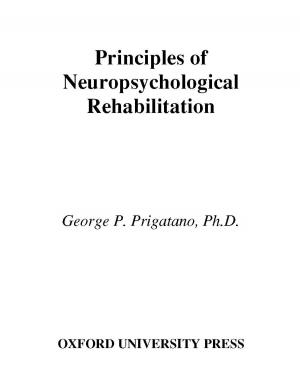Race and the Making of American Liberalism
Nonfiction, Social & Cultural Studies, Social Science, Discrimination & Race Relations, History, Americas, United States, 20th Century, Political Science| Author: | Carol A. Horton | ISBN: | 9780190286675 |
| Publisher: | Oxford University Press | Publication: | September 8, 2005 |
| Imprint: | Oxford University Press | Language: | English |
| Author: | Carol A. Horton |
| ISBN: | 9780190286675 |
| Publisher: | Oxford University Press |
| Publication: | September 8, 2005 |
| Imprint: | Oxford University Press |
| Language: | English |
Race and the Making of American Liberalism traces the roots of the contemporary crisis of progressive liberalism deep into the nation's racial past. Horton argues that the contemporary conservative claim that the American liberal tradition has been rooted in a "color blind" conception of individual rights is innaccurate and misleading. In contrast, American liberalism has alternatively served both to support and oppose racial hierarchy, as well as socioeconomic inequality more broadly. Racial politics in the United States have repeatedly made it exceedingly difficult to establish powerful constituencies that understand socioeconomic equity as vital to American democracy and aspire to limit gross disparities of wealth, power, and status. Revitalizing such equalitarian conceptions of American liberalism, Horton suggests, will require developing new forms of racial and class identity that support, rather than sabotage this fundamental political commitment.
Race and the Making of American Liberalism traces the roots of the contemporary crisis of progressive liberalism deep into the nation's racial past. Horton argues that the contemporary conservative claim that the American liberal tradition has been rooted in a "color blind" conception of individual rights is innaccurate and misleading. In contrast, American liberalism has alternatively served both to support and oppose racial hierarchy, as well as socioeconomic inequality more broadly. Racial politics in the United States have repeatedly made it exceedingly difficult to establish powerful constituencies that understand socioeconomic equity as vital to American democracy and aspire to limit gross disparities of wealth, power, and status. Revitalizing such equalitarian conceptions of American liberalism, Horton suggests, will require developing new forms of racial and class identity that support, rather than sabotage this fundamental political commitment.















